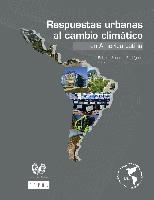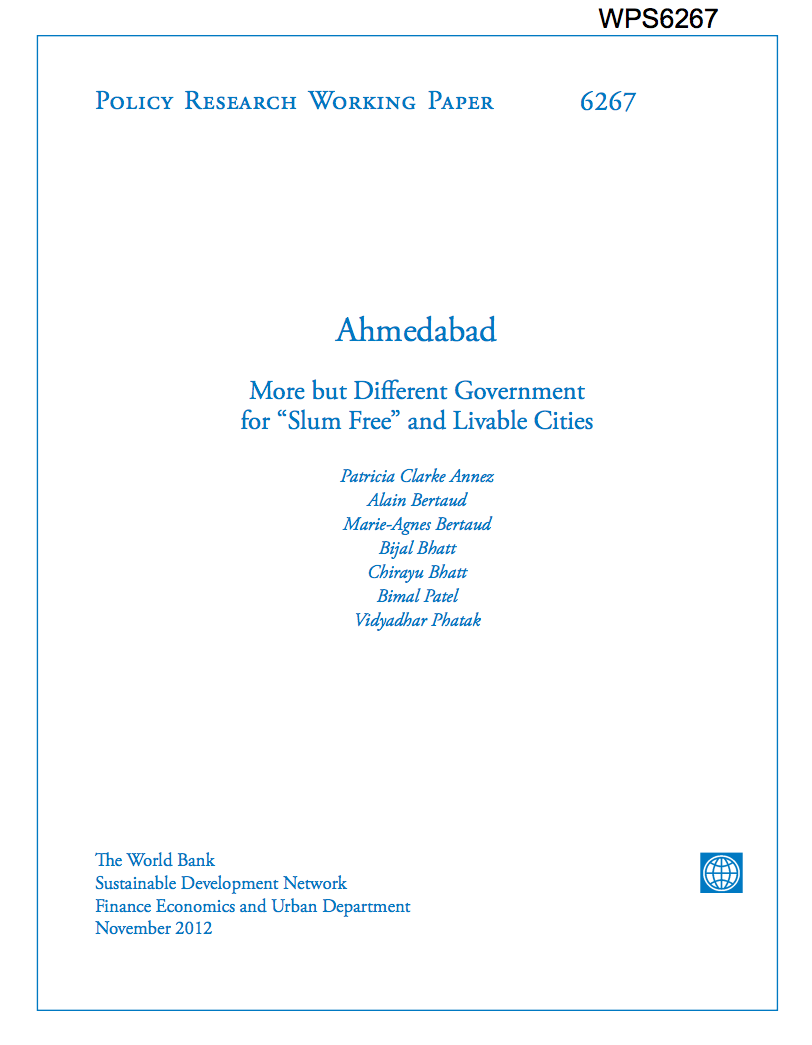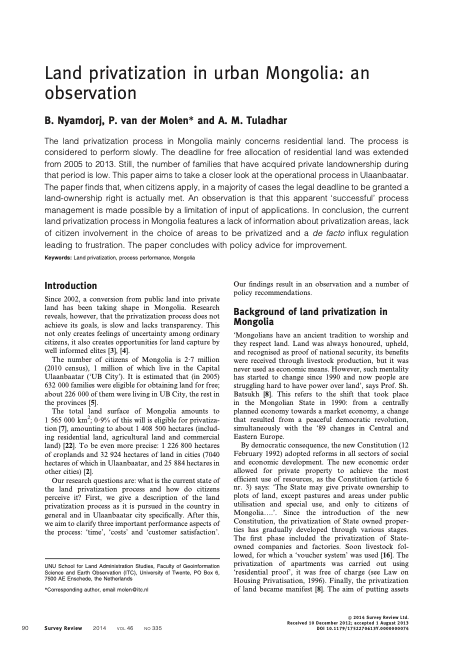Urbanisation en périphérie de Meknès (Maroc) et devenir des terres agricoles : l’exemple de la coopérative agraire Naïji
This paper presents and analyses land use changes in the periurban areas of Meknes, Morocco, focusing on disappearing fertile and productive farmland. Although identified by the Moroccan public policies, the concern for periurban farmland protection is not the government's first priority. It remains behind economic development and housing of low-incomes. In Meknes, where land tenure remains very complex, urban growth is impacting high-quality-soil farmland while the land market is characterised by increasing farmland values and weak public policy regulation.









